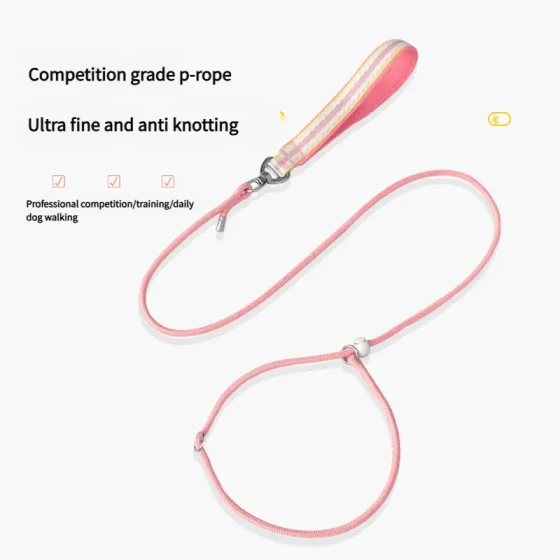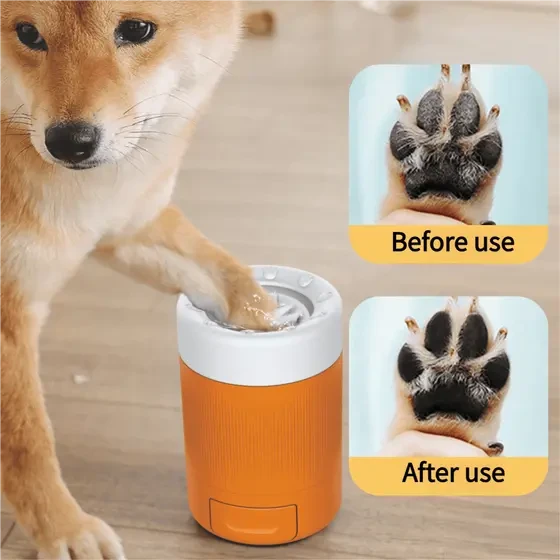The Reasons and Solutions for Samoyed Tearing

Samoyed Dog (Detailed Introduction)
Samoyeds are known as the “smiling angel,” but if they often tear excessively, this reputation is undeserved. Moreover, tearing in Samoyeds not only increases eye discharge but also stains the fur around their eyes, causing tear marks. To effectively resolve the problem of tearing in Samoyeds, the first step is to understand the causes of tearing and then apply proper treatment.
1. Eye Irritation
There are many reasons why a Samoyed's eyes might get irritated, such as being poked by something while playing outside, shampoo running into the eyes during a bath, or exposure to irritating smells. In such cases, the dog's body automatically reacts by producing a large amount of tears to flush out the irritants. Usually, this will heal by itself the next day, so owners need not worry too much.
2. Eye Inflammation
If the Samoyed is not only tearing continuously but also has red and swollen eyes, this indicates eye inflammation. Treatment can be done by applying eye drops (usually chloramphenicol eye drops) and eye ointments (such as aureomycin or chloramphenicol eye ointment). Often, there is a noticeable improvement by the second day of medication, and the condition should be basically cured in three to four days.
3. Ingrown Eyelashes
Ingrown eyelashes mean that one or two eyelashes of the Samoyed grow inward toward the eye rather than outward, constantly irritating the eyeball. Some Samoyeds are born with this condition, and it becomes more obvious as they grow older. Surgery is required to treat this condition.
4. Cold
Just like humans sneeze and tear when cold, Samoyeds can have the same symptoms. The organs in the head are interconnected; blocked nasolacrimal ducts or ear problems can cause tearing in Samoyeds. Since this may be difficult to diagnose, timely veterinary consultation is necessary.
5. Excessive Internal Organs or Meat in Diet
For some white Samoyeds, you may notice tear stains around their eyes, possibly due to poor dietary habits. Feeding less offal and maintaining a balanced diet is recommended.



